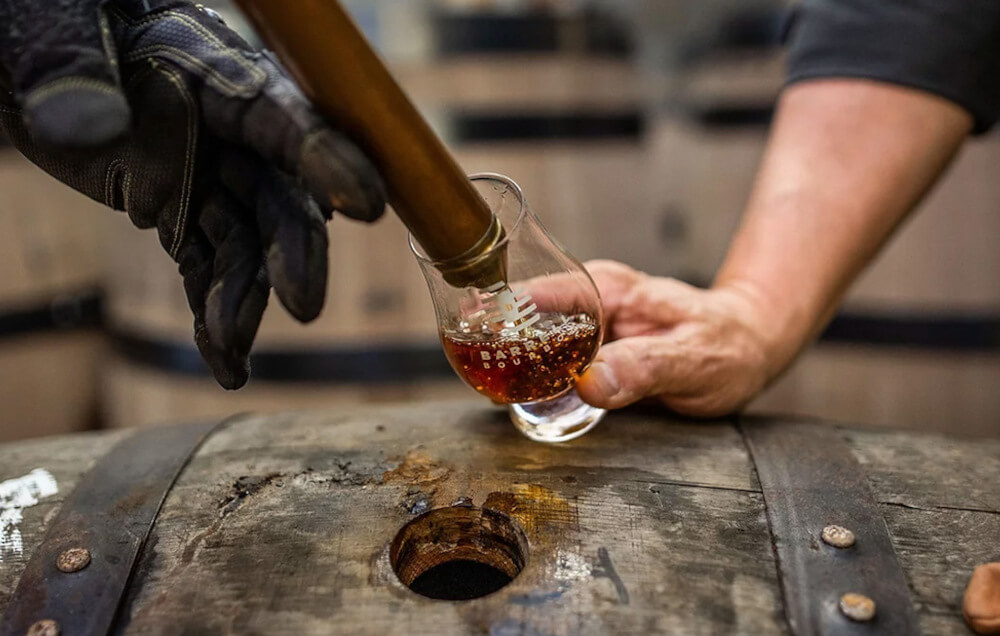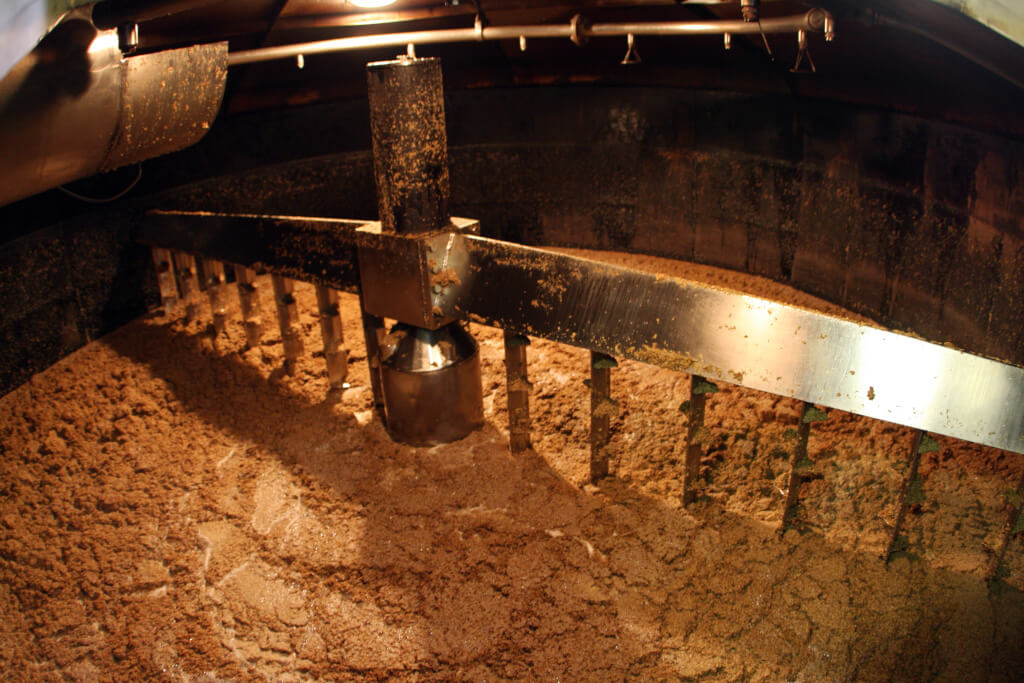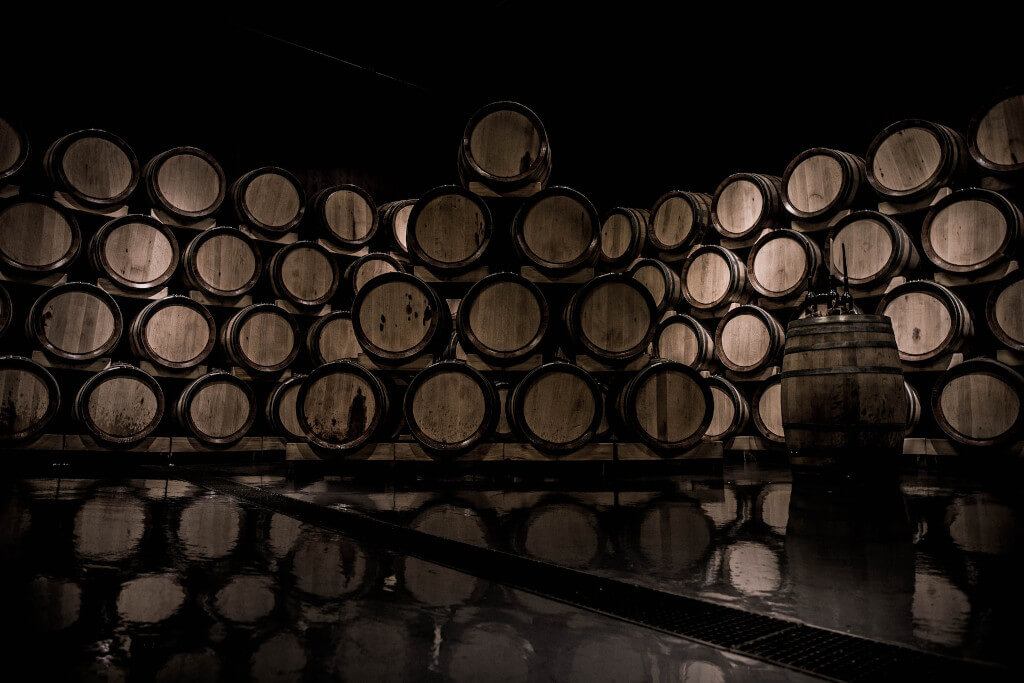Whiskey that has been independently bottled is in a league of its own. It is stocked with rare whiskies that are not widely available elsewhere, including single casks, cask strength expressions, special editions, and those that have been aged and finished in unconventional ways. Independent bottlers, collectors, connoisseurs, and simpletons like myself are reaping the benefits of the booming indie bottling sector, but it wasn’t always this way. Whiskey lovers are beginning to realize this subset of the whiskey market for what it is.
Since there are hundreds of official expressions released annually by distilleries, bottlers have had to fight to be noticed. It’s not easy for independent distilleries to compete with the large, well-funded marketing departments of the major single malt whiskey producers, but they’re making headway. Their meteoric rise is chronicled here, along with the trends to watch for in the years to come.
Companies that purchase individual barrels of whiskey from distilleries and re-label them as their product are called “independent bottlers of single malt whiskey.” If the original distillery’s name can still be printed on the bottle after spooning, it probably will be. Single barrel bottlings, unadulterated by spirit caramel coloring or cool filtration, are the norm for independently bottled whiskies, which set them apart from blends and supermarket brands. Being single casks, these are typically sold at cask strength rather than diluted to 40% ABV.
The Value of Independent Bottlers
When in contrast with the known bottlings published as a component of a distillery’s core range, independently bottled whiskies have many advantages. Including:
- The opportunity to sample whiskies not subject to vatting
- Different cask qualities and maturity declarations are available.
- A wide selection of unconventional aging methods and barrel finishes
- Rare whiskies from producers lacking formal bottling series are frequently featured by independent bottlers.
- The possibility of purchasing whiskies made at now-defunct distilleries
Aside from these factors, what makes this category appealing to whisky aficionados and the dreaded collector is the pure variety of bottlings supplied through independents. Especially considering the availability of highly uncommon bottlings that have been aged for far longer than the typical offerings from distilleries.
The Origins of Independent Bottlers
The Scottish corporation Cadenhead’s was established by William Cadenhead in Aberdeen in 1842, making it one of the earliest independent bottling companies in the world. Yet, through the latter part of the nineteenth century, it was common practice for producers to provide individual barrels to bourbon retailers, either directly or via brokers. These retailers then packaged the whisky, often straight out of the barrel, for their clients.
Throughout this period, an array of distillers produced special bottlings for wholesalers and retailers. Green Spot, produced by Irish Distillers for Mitchell & Son of Dublin, is a rare specimen of this style of whisky. Later on, before the advent of the Coffey still, malts were already being blended. After that, blends like Johnnie Walker, White Horse, and Grant’s, took off and continue to dominate the Scotch whisky industry to this day.
Gordon & MacPhail, an independent bottler, established the “Connoisseurs Choice Malt Whisky” series in the decades between the 1930s and 1940s after John Urquhart had amassed large stockpiles of carefully chosen malt whiskies. This occurred at a period when blended scotch was all the rage and a handful of distilleries were marketing only single-malt whiskies on their own. The marketing and sales of blended Scotch whiskies were unrivaled before the beginning of the 1960s. It was here when what was referred to as “independent” bottlers established their own. They purchased carefully selected casks from distilleries and assumed full control of the process of aging, determining factors such as the whisky’s aging time, cask type, cask finish, warehouse, and geographical location.
The independents could display whisky types which the distilleries with a focus on the general marketplace were unable to since they controlled these variables, or went even further, like Michel Couvreur, and controlled the sort of spirit they sourced.
Single malt whisky was first popularised in Italy, which may be traced back to the country’s early adopters, the independent bottlers. Most of the independent bottlings during the 1960s were produced by Cadenheads and Gordon & MacPhail to supply the Italian marketplace. Because of this, many of the most intriguing and valuable bottles ancient and rare come from Italy. In the late 1960s, when only nine other distilleries offered single malts, Gordon & MacPhail’s Connoisseurs Choice collection boasted 27 different varieties.
Distillers Were Formerly Bottlers
Whisky casks have been in short supply and high demand for a long time, and this has always been inextricably linked to the state of the international economy. As distilleries shut down in the 1980s, there was an abundance of casks available for use. The current whisky shortage makes it more difficult to acquire casks than it already was. Diageo no longer provides casks from its malt whisky factories to third-party bottlers as of the summer of 2002. While this won’t affect ongoing agreements, it will severely restrict the market going forward. As a direct result of these supply shortages, several independent bottlers have bought their distilleries.
The Importance of Independent Bottlers
Secondary aging of whiskies in used port, rum, Sauternes, or sherry casks was pioneered by independent bottlers curious about the impact of different barrel woods on the flavor of malt whiskies. Since the results of these studies were beneficial and the whiskies gained were in great supply, distilleries now routinely provide supplementary maturation in casks procured from outside sources.
Independent bottlers are a pillar in the development of single malt whiskies and a constant positive influence in the market due to their stringent requirements and self-imposed devotion to the finest possible flavor and distinctiveness associated with their whisky.
Top-tier Private Label Whiskey Distillers
Gordon & MacPhail
For more than 120 years, Gordon & MacPhail (or G&M for short) have been producing whisky. In 1895, in the center of Speyside, the heart of Scottish whisky production, James Gordon and John Alexander MacPhail founded their business on South Street in Elgin. The business naturally specialized in fine whisky, yet it additionally provided other alcoholic beverages and gourmet foods. G&M is widely acknowledged as the driving force behind the modern whisky industry. G&M were typically the only single malts supplied by particular distilleries during the period between the 1950s and 1960s when single-malt whisky became lesser-known and less readily accessible. Many Elgin-based malts might not exist today if not for this lone independent vendor and bottler.
Hunter Laing & Co.
Hunter Laing is the result of the 2013 split between Fred and Stewart Laing, the brothers who founded Douglas Laing & Co. Fred now co-manages Douglas Laing with his daughter, Cara. Hunter Laing is run by Stewart, together with the help of his two sons, Andrew and Scott.
Stewart, who has worked in the whiskey sector for many years, has helped the company come a long way in its five years of existence. Douglas Laing collaborated with industry titans like the Macallan to create two acclaimed whiskey lines: Old & Rare and Old Malt Cask. In addition to their Kill Devil series of single cask rum bottles, they now offer the First Edition series, which consists of single barrel, cask strength releases. Hunter Laing has begun construction on Islay’s newest distillery, Ardnahoe, which is expected to open this year.
Adelphi
An independent bottler with deep roots: they had their start in 1826 when the Loch Katrine Adelphi distillery opened in Glasgow. The distillery closed in 1932 and was dismantled in 1971; the Central Glasgow Mosque currently stands on the same site. However, the Adelphi brand was resurrected in 1993, and since then, only high-quality whiskies have been bottled under the Adelphi label. The firm began a new era with the opening of its Ardnamurchan distillery in 2014.
Hidden Spirits
A new Italian bottler proving that the independent music sector is alive and well, with room for another player. There have only been a handful of bottles released by the brand so far, but what little we have tried has been excellent.
The Market for Independent Bottlers
Independently bottled whiskies are unlike anything else on the market because of their limited production, unconventional aging processes, and wide range of flavors. Independent bottlers have been around since the beginning of whiskey bottling, and they have a long history of showcasing whiskies that mainstream distilleries couldn’t.
They have also been involved in and made substantial contributions to, the growth of the single malt whiskey sector. Despite difficulties in sourcing casks, the demand for independently bottled whiskies is expected to increase as more people discover and enjoy their distinctive flavors. There will always be an interest in independent bottling as a source of exciting new products.





